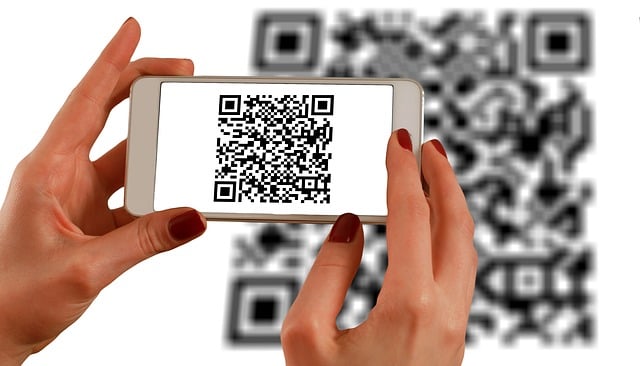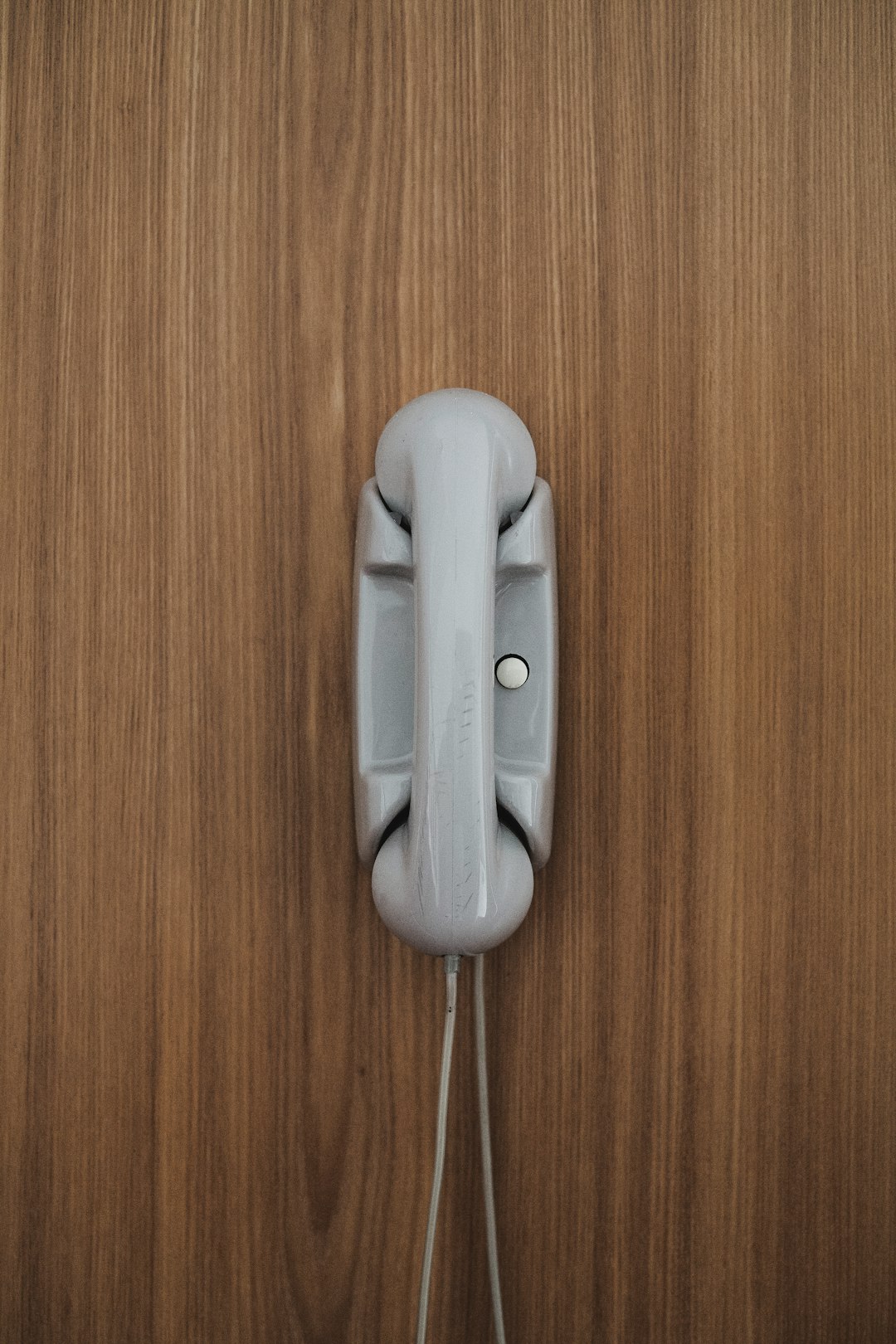In South Carolina, strict laws and regulations, including the Telephone Consumer Protection Act (TCPA), govern the use of autodialers for marketing purposes, particularly to prevent unwanted text messages and robocalls. Businesses must obtain explicit consent before sending automated texts, or face substantial fines and legal issues. Specialized services like Do Not Text Lawyer South Carolina, Do Not Text Attorney South Carolina, and Do Not Text Law Firm South Carolina help residents block robocalls and protect their rights. Consumers can take legal action against non-compliant entities, including law firms and attorneys, with penalties up to $1,500 per violation. Choosing experienced telecommunications lawyers specializing in do-not-text and robocall cases is crucial for a favorable outcome.
In South Carolina, autodialer use without express permission is a serious matter. The state’s strict regulations target unwanted text messages and robocalls, with severe consequences for non-compliance. This article guides you through the complex landscape of autodialer laws, offering insights into protecting consumer rights, understanding “Do Not Text” options, legal contact guidelines, and strategies to avoid violations. Learn from common mistakes, navigate penalties, and discover how to choose the right lawyer if you face robocall lawsuits in South Carolina.
- Understanding Autodialer Regulations in South Carolina
- The Impact of Unwanted Text Messages and Robocalls
- Protecting Consumer Rights: Do Not Text Lawsuit Options
- When Is It Legal to Contact Potential Clients?
- Strategies for Law Firms to Avoid Violating SC Rules
- Common Mistakes Leading to Robocall Lawsuits
- Navigating Fines and Penalties for Non-Compliance
- Finding the Right Lawyer for Your Case: A Guide
Understanding Autodialer Regulations in South Carolina
In South Carolina, the use of autodialers for marketing purposes is regulated by state laws and federal regulations, primarily aimed at protecting consumers from unsolicited text messages and robocalls. The Do Not Text Lawyer South Carolina, or similar initiatives, is a significant aspect of these regulations. Under the Telephone Consumer Protection Act (TCPA), businesses are prohibited from sending automated texts to individuals who have not explicitly given permission. This includes marketing text messages from law firms and attorneys, often referred to as robocall lawyers South Carolina or robocall law firms South Carolina.
For a lawyer or legal firm looking to reach potential clients, it’s crucial to understand these rules. Engaging in autodialer use without prior consent can result in significant fines and legal repercussions. Therefore, any communication strategy should focus on obtaining explicit permission first, ensuring compliance with Do Not Text attorney South Carolina directives, and avoiding unnecessary robocalls that could harm business reputation and incur legal costs.
The Impact of Unwanted Text Messages and Robocalls
Unwanted text messages and robocalls have become a prevalent and frustrating issue in modern communication. In South Carolina, as in many other states, individuals often receive unsolicited texts or automated calls from law firms and attorneys, promoting their services or attempting to solicit new clients. This practice, while disruptive, has significant implications for both privacy and consumer rights. Many recipients find these messages intrusive, particularly when they are received at inconvenient times or in violation of do-not-call lists.
In response to this growing concern, many South Carolina residents are turning to specialized legal services, such as Do Not Text Lawyer South Carolina, Do Not Text attorney South Carolina, and Do Not Text law firm South Carolina, to protect their rights. These professionals help individuals navigate the complexities of blocking robocalls and provide guidance on how to proceed if they have been a victim of excessive or unauthorized communication. By seeking legal counsel, residents can ensure that their privacy is respected and take measures against those who engage in aggressive or unwanted marketing tactics through text messages and phone calls.
Protecting Consumer Rights: Do Not Text Lawsuit Options
In South Carolina, consumers have rights when it comes to unwanted autodialed text messages, often referred to as robocalls. The Do Not Text laws provide a powerful tool for residents to protect themselves from intrusive and unauthorized marketing calls. If you’ve received unsolicited texts promoting products or services, you’re not powerless; you can take action. Engaging the services of a Do Not Text lawyer in South Carolina is an effective step towards asserting your rights. These legal professionals specialize in navigating the complex regulations surrounding robocalls and can help stop the influx of unwanted messages.
Many people are turning to robocall attorneys and law firms in South Carolina for assistance due to the rising instances of automated calls. By hiring a specialized lawyer, you can explore legal options such as filing a lawsuit under the Do Not Text provisions, seeking damages, or obtaining an injunction to stop the calls. This proactive approach ensures that your privacy is respected and allows you to take control against aggressive marketing tactics.
When Is It Legal to Contact Potential Clients?
In South Carolina, like many other states, there are strict regulations regarding unsolicited contact with potential clients, especially via text message or robocalls. The rule is simple: businesses and attorneys must obtain express permission before texting or making automated phone calls to individuals for marketing purposes. This means that a law firm or attorney offering their services cannot simply text “Do Not Text Lawyer South Carolina” or use similar methods to reach out en masse without prior consent.
When it comes to contacting potential clients, there are some exceptions. Businesses can text or call if the recipient has provided explicit consent or is already a client. For attorneys, making robocalls or sending marketing texts is legal when done with the explicit permission of the individual, such as through an opt-in system on a website or during a face-to-face interaction where consent is clearly given. Remember, violating these rules can lead to legal repercussions, so it’s crucial for law firms and attorneys in South Carolina to respect consumer choices regarding unwanted contact, including texts from lawyers and robocalls from law firms.
Strategies for Law Firms to Avoid Violating SC Rules
Law firms operating in South Carolina must tread carefully when it comes to autodialer and text messaging practices to avoid violating state rules. One of the key strategies is to obtain explicit consent from potential clients before initiating any automated communication, especially text messages. This means that simply having a client’s phone number on file is not enough; firms must actively verify their permission to send texts.
Firms should also ensure that all marketing and outreach materials clearly communicate their intent to contact via text message and provide an opt-out mechanism. By implementing these measures, law firms can responsibly engage with prospective clients while adhering to the “Do Not Text” guidelines set forth by South Carolina laws, specifically targeting robocall attorneys and law firms. This approach respects consumer choices and fosters a more ethical and compliant legal practice environment in the state.
Common Mistakes Leading to Robocall Lawsuits
Many businesses and individuals in South Carolina fall victim to common mistakes that lead to robocall lawsuits due to their failure to adhere to state laws regarding telemarketing practices. One of the primary errors is sending automated text messages, often referred to as “do not text” violations. Companies frequently break this rule by texting promotional content or soliciting services without first obtaining explicit consent from recipients. This includes messaging individuals who have not initiated contact with the business or those who have opted out of receiving such texts.
Additionally, using automated systems to make robocalls or sending messages on behalf of a law firm or legal entity without proper authorization can trigger legal action. Businesses must be cautious when employing do-not-call lists and ensure they are up-to-date and accurate. Always obtain permission before texting or calling potential clients, especially in the legal sector where privacy and consent are paramount. Engaging in robocall activities despite these restrictions can result in significant financial penalties and damage to a company’s reputation. Therefore, it is crucial for organizations operating in South Carolina to understand and comply with state regulations pertaining to do not text laws and robocalls to avoid legal complications.
Navigating Fines and Penalties for Non-Compliance
In South Carolina, autodialing or robocalling without express consent is a serious breach of privacy and can lead to significant penalties. The South Carolina Attorney General’s Office strictly enforces laws against unsolicited text messages and automated calls, often referred to as ‘Do Not Text’ or ‘robocall’ laws. Non-compliance with these regulations can result in substantial fines for both businesses and individuals.
For businesses engaging in autodialing activities without permission, penalties include civil fines ranging from $500 to $1,500 per violation, with additional damages if it’s found to be part of a large-scale, deceptive marketing campaign. Consumers who receive unwanted text messages or calls can file complaints with the Attorney General’s Office, which may lead to investigations and further legal actions against non-compliant entities, including law firms and attorneys practicing in South Carolina (Do Not Text Lawyer South Carolina, Do Not Text attorney South Carolina, etc.). Individuals found guilty of making such robocalls could face fines and potential jail time. It’s crucial for businesses and legal professionals alike to obtain explicit consent before engaging in any automated communication with South Carolina residents to avoid these penalties.
Finding the Right Lawyer for Your Case: A Guide
When navigating a case related to unauthorized autodialer use in South Carolina, finding the right legal counsel is a crucial step. It’s essential to select an attorney or law firm that specializes in telecommunications law and has experience handling cases involving do-not-text and robocall regulations. Many individuals who’ve received unsolicited text messages from lawyers in SC may be unsure where to turn, but understanding your options is key.
In South Carolina, both state and federal laws protect consumers from unwanted text messages, including those from attorneys. If you’re considering taking legal action against a law firm that has contacted you without express permission, research their expertise, track record, and client testimonials. Look for a lawyer who actively represents clients in similar cases and understands the nuances of do not text laws. Engaging an attorney who aligns with your needs ensures a stronger chance of achieving a favorable outcome for your specific situation.






